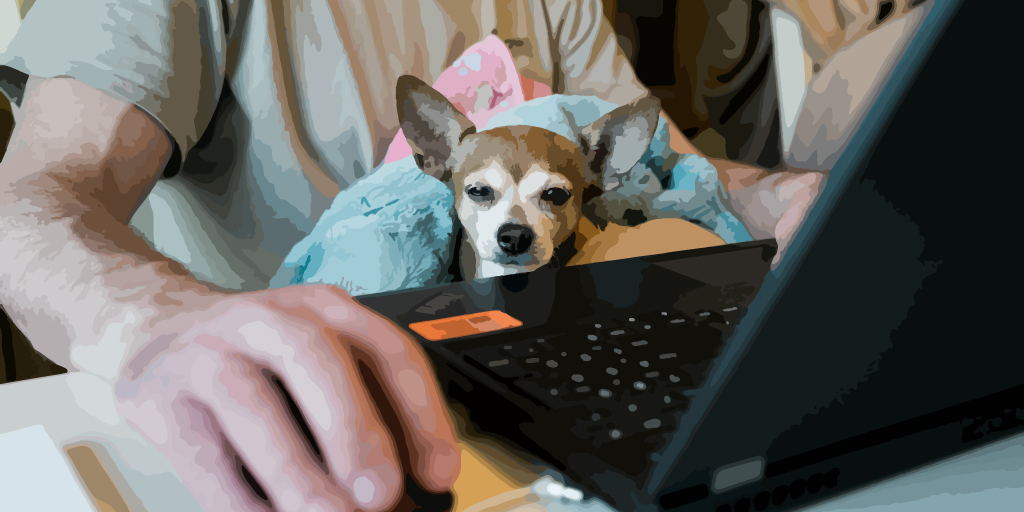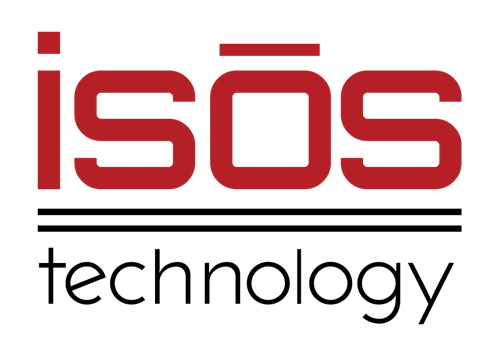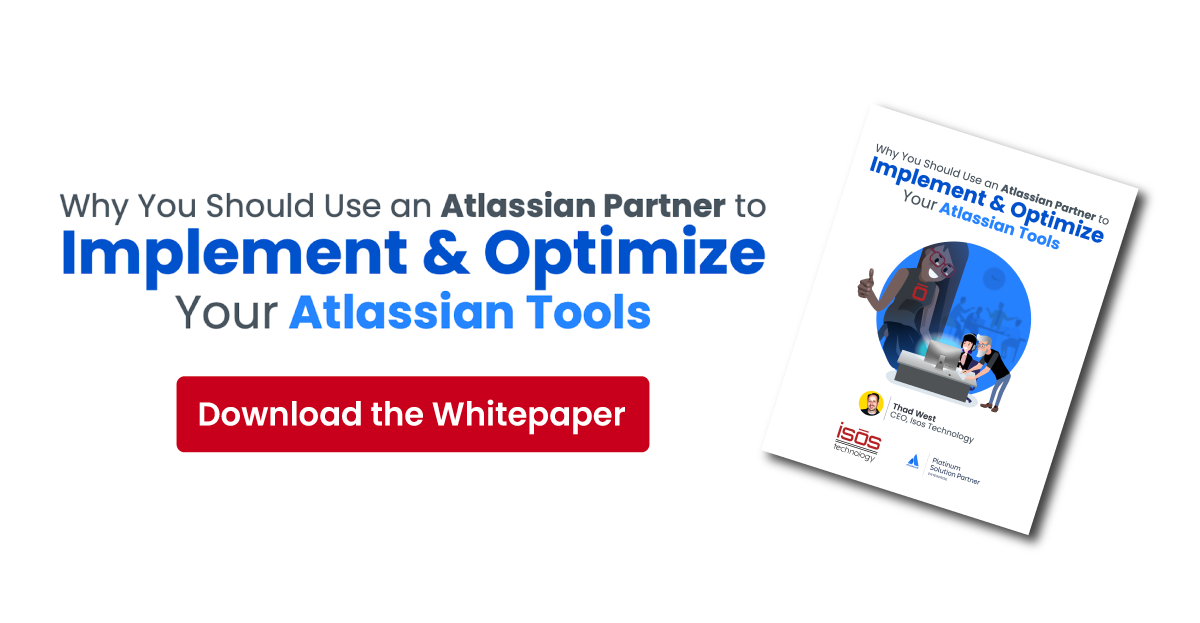
For the greater part of 15 years now, I have been either a flex or fully remote worker. It's not something I looked for in a role, but as a sales professional, I learned early on that the being flexible would help me alleviate the challenges that my customers were facing. Remote work has changed considerably in the last decade and half, and in this blog post, I'll share some of the things I've learned over the years.
Early on, there were no real guidelines for working remotely. Sure, I had a laptop and cell phone, but not much else in the form of structure. I gained two hours back by cutting my commute, as most metropolitan peeps understand (NYC subways - can't live with them, can't live without them). The question for me was, how do I take advantage of this newfound time to be more productive?
If you are no longer required to work in the office, or are just looking for some tips to stay productive as a flex/remote employee, here are some that have worked for me:
Working Hours Can and Should be Flexible
If you're new to remote work and have just gained commuting time back, congrats! Consistently making use of this time is really going to increase your productivity. Regardless of being ahead (or behind) on a set of tasks, you can now leverage your working hours to make the most of them. Also, don't be afraid to ask to shift your schedule. At Isos, our team is located all across the U.S., and some of our East Coast peeps work on a West Coast schedule (...and vice versa). This unlocks all sorts of possibilities for collaboration during traditional off hours.
Choose Your Breaks Wisely
It is easy to forget to take breaks when you're in a comfortable environment like home. However, you should definitely take them, and make them count. Do something that you love, whether it's working out, cleaning up the house, cooking a fancy lunch, or playing some guitar (guilty). At least two 15-minute breaks during the day are great for clearing your mind and keeping you on track. While it is bound to happen occasionally, avoid eating at your desk or in front of your computer.
Separate Work Space from Home Space
This can be a tough challenge for people who live in metropolitan areas with limited living space, but it's still necessary. The good news is, there are plenty of ways to carve out space, with options like space-friendly desks and purpose-built chairs. I have seen my fair share of co-workers and friends neglect to do this, especially in the last two years. Your body will thank you, particularly your back and your brain. Some odd backgrounds I've witnessed recently on Zoom include bed headboards, closets (although they can be used creatively) and even a bathroom (I could tell by the reverb). Transitioning out of work and into personal time is easier, too, if you can physically leave your workspace!
Consider "Work Dates"
No water cooler? No problem! Meet with a colleague once or twice a week and work together at your favorite local coffee shop. Work dates have a few benefits. One, you will be out of the house and around other people. Two, you get to literally sit next to someone who you enjoy being around (like choosing your own cubicle or desk space). Finally, you get to talk about your favorite shows, music, etc.
Set Boundaries between Work and Personal Time
I am personally guilty of not doing this more. However, I have made some great strides in accomplishing this. Why is this important? It is easy to get carried away and pull 12-hour days when you're home, especially if you're task driven. There are going to be days when this is necessary, and that's okay. At least there's no commute to worry about. Some tips I use to set boundaries include looking at your schedule for the next day and estimating time needed to complete each task. This reinforces what work can and should wait until the following day. Literally turn off your laptop and cell phone (if possible), and don't be tempted to check emails or calls until your next working shift.
I'd also like to pass along a link to our friends at HubSpot who shared some other tips that aren't included here: How to Work From Home: 24 Tips From People Who Do It Successfully.
What are some of your remote work tips? We would appreciate you sharing them with us! Mental rest is important to us—it allows us to be sharper when we return to work so we can deliver the best Atlassian solutions for you and your teams. Happy remote working!
Sign up to receive more great content
Learn more about Atlassian and how Isos can help by signing up to receive our latest blogs, eBooks, whitepapers and more.












